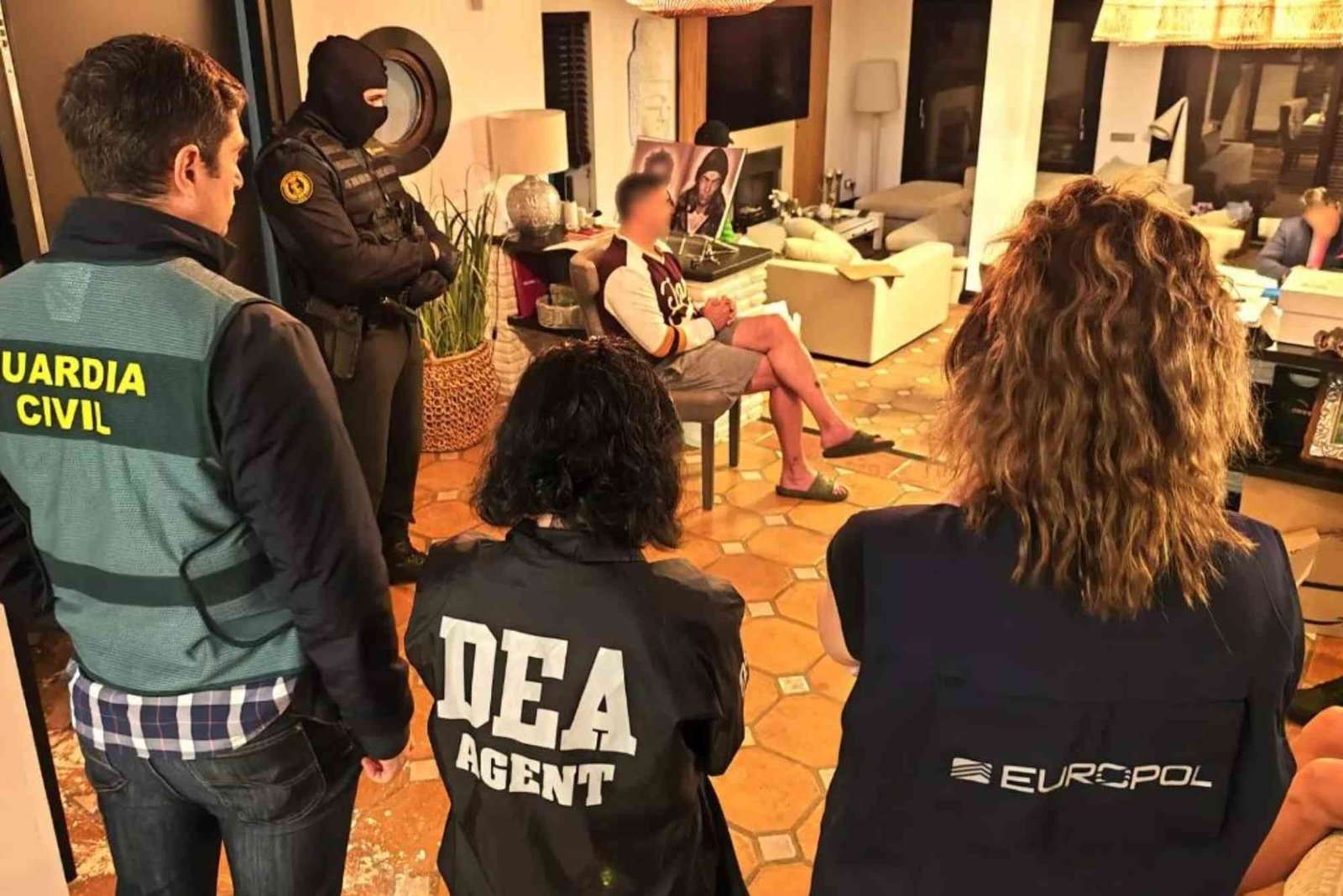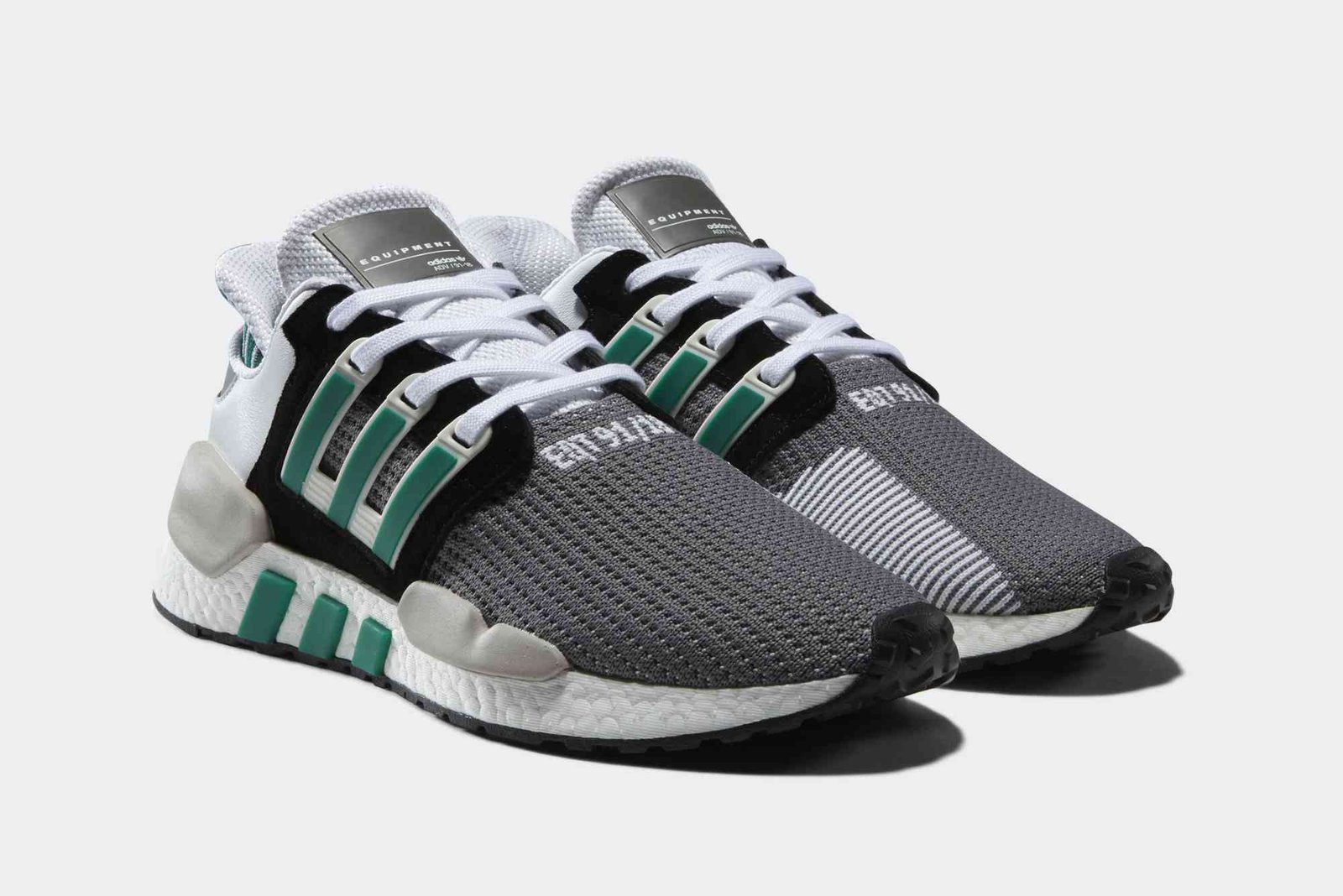Introduction
Have you ever dreamed of building your own video game but felt discouraged by the costs or technical challenges? The good news is that you can create a game for free without expensive software or professional studios. Thanks to modern tools, open-source engines, and free learning platforms, even beginners can turn their creative ideas into playable games. Whether you want to make a simple 2D puzzle or an immersive 3D world, this guide will show you exactly how to create a game for free step by step.
Creating a game isn’t just about coding; it’s about combining creativity, logic, and storytelling. With the right mindset and tools, you can design, build, and publish a game that people love to play—all without spending a single dollar. Let’s explore how.
Understanding the Basics of Game Creation
Before jumping into tools and steps, it’s important to understand what goes into making a game. Every game, from the smallest mobile app to large PC titles, involves key elements such as game design, mechanics, visuals, sound, and user interaction.
A successful game starts with an idea. Think about what kind of game you want to build. Is it a platformer, an RPG, or a casual puzzle? Once you have your idea, you can plan the structure, levels, and player goals. Creating a solid plan will save you time and effort later.
Choose the Right Free Game Engine
The game engine is the foundation of your project. It handles graphics, physics, sounds, and more. The best part is that many professional-grade engines are completely free.
Unity (Free for Beginners)
Unity is one of the most popular free game engines used by professionals and indie developers alike. It supports 2D and 3D games, and there’s a massive community to help you learn. You can publish your game on PC, consoles, or mobile platforms.
Unreal Engine
Unreal Engine is another powerful, free option. It’s ideal for high-quality 3D visuals and realistic gameplay. You don’t need to know coding initially since Unreal uses Blueprints, a visual scripting system that lets you build gameplay logic easily.
Godot Engine
If you prefer open-source software, Godot is perfect. It’s lightweight, user-friendly, and supports both 2D and 3D games. Godot’s scripting language, GDScript, is easy to learn even for beginners.
GameMaker Studio (Free Version)
For developers who want to focus on 2D games, GameMaker offers a drag-and-drop system. The free version has enough tools to design small projects and learn the basics of game development.
If you want to dive deeper into the details, visit How To Create for extended tutorials and resources.
Learn the Basics of Game Design
Even the best engine won’t help if your game design is weak. Game design is about how players interact with your game world. Focus on:
-
Gameplay Mechanics: What makes your game fun?
-
Objectives: What are the player’s goals?
-
Rules: What limits or challenges exist?
-
Rewards: What keeps players engaged?
Keep your first game simple. For example, start with a small project like a maze or a click-based puzzle. This helps you understand player feedback and improve future games.
Plan Your Game Concept
Every great game starts with a strong concept. Begin by outlining your idea:
-
Who is the main character?
-
What problem do they need to solve?
-
What makes your game different?
Use a notebook or free planning tool like Trello or Notion to keep track of your ideas, levels, and features.
Build Your First Prototype
Once your concept is ready, start developing a prototype. A prototype is a simple version of your game to test the mechanics and gameplay. Use free assets from Unity Asset Store or OpenGameArt to speed up development.
Don’t worry about graphics or polish yet; focus on how your game feels to play. Test movement, controls, and difficulty balance. Adjust as needed before moving on.
Create or Find Free Game Assets
You don’t need to be an artist or sound designer to make your game look and sound great. There are many websites offering free assets for developers, including:
-
OpenGameArt.org: Free sprites, tiles, and sound effects.
-
Itch.io Assets: Thousands of free and paid game assets.
-
Kenney.nl: High-quality free assets for 2D and 3D projects.
-
Freesound.org: Free sound effects and background music.
Always check the license before using an asset, but most free resources allow personal or commercial use with attribution.
Add Logic and Coding
Even if you’re not a programmer, you can still create game logic easily. Tools like Unreal’s Blueprints or Unity’s Visual Scripting make it possible to develop games without writing traditional code. However, learning basic coding helps you customize and expand your project.
For example, in Unity, C# is used for scripting, while Godot uses GDScript. Start small with actions like player movement or collecting coins, and expand from there.
Test Your Game Thoroughly
Testing ensures your game runs smoothly and players enjoy it. Invite friends or community members to play and provide honest feedback. Watch how they interact—are there parts they find confusing or boring? Adjust the design based on their feedback.
Remember, testing is not just about fixing bugs but improving the player experience.
Polish and Optimize
Once you’ve tested your game and fixed issues, it’s time to polish. Add music, particle effects, animations, and menus. Optimize the performance so it runs well even on low-end devices. Free tools like Audacity can help you edit sound, while GIMP or Krita can refine your visuals.
Publish and Share Your Game for Free
You can share your finished game without paying for publishing. Platforms like Itch.io, Game Jolt, and Newgrounds allow you to upload your project for free. You can also share your game directly with friends or through social media.
To reach a wider audience, consider creating a developer page, adding screenshots, and writing a short description. The more engaging your presentation, the more players will try your game.
You can explore additional tips at How To Create A for expert insights and examples from real developers.
Expert Tips to Help You Succeed
-
Start small: Your first game doesn’t need to be complex. Focus on finishing a simple idea.
-
Join communities: Forums like Reddit’s r/gamedev or Discord servers are great for feedback.
-
Learn continuously: Watch tutorials on YouTube or take free courses on Coursera or Udemy.
-
Stay organized: Keep your files and scripts labeled clearly.
-
Update regularly: Frequent improvements keep your players engaged and your skills growing.
Common Mistakes to Avoid
Many beginners quit too early because they make these mistakes:
-
Trying to make a big game on the first attempt.
-
Ignoring player feedback.
-
Focusing too much on graphics before gameplay.
-
Not testing enough.
Avoid these traps by keeping your goals realistic and learning with each project.
Learning how to create a game for free is easier than ever, thanks to powerful tools, free assets, and supportive communities. You don’t need a big budget or advanced coding skills—just curiosity and creativity. Start small, test often, and enjoy the process of bringing your ideas to life.
Your dream game is only a few steps away. Begin your journey today and explore more guides at Read more on www.verywellfit.com for extra insights into creativity, productivity, and success.
Frequently Asked Questions
1. Can I make a game without coding?
Yes, many free engines like GameMaker, Godot, and Unreal’s Blueprints let you design without coding. However, learning basic scripting can give you more creative control.
2. What’s the easiest game to make for beginners?
Start with 2D games such as platformers, endless runners, or puzzle games. They require less complex logic and are great for learning fundamentals.
3. Can I sell a game made with free tools?
Absolutely! Most free engines allow commercial releases as long as you follow their licensing rules. Always check the terms on the official website.
4. How long does it take to make a game?
It depends on the scope. A simple 2D game can take a few weeks, while larger projects can take months or years. Focus on learning rather than rushing.
5. What skills do I need to be a game developer?
Game design, storytelling, art, sound, and basic programming are essential. Over time, you’ll naturally improve in each area as you create more games.
6. Where can I publish my free games?
Popular platforms include Itch.io, Game Jolt, and Steam (with a small fee). You can also showcase your projects on social media or personal websites.












